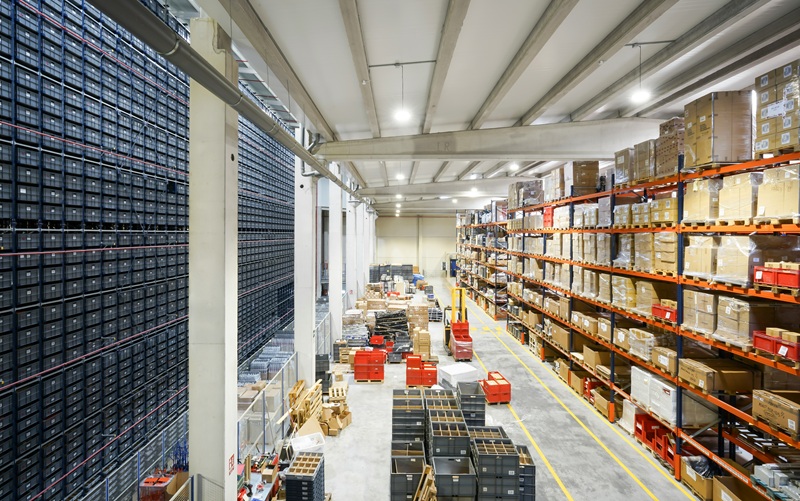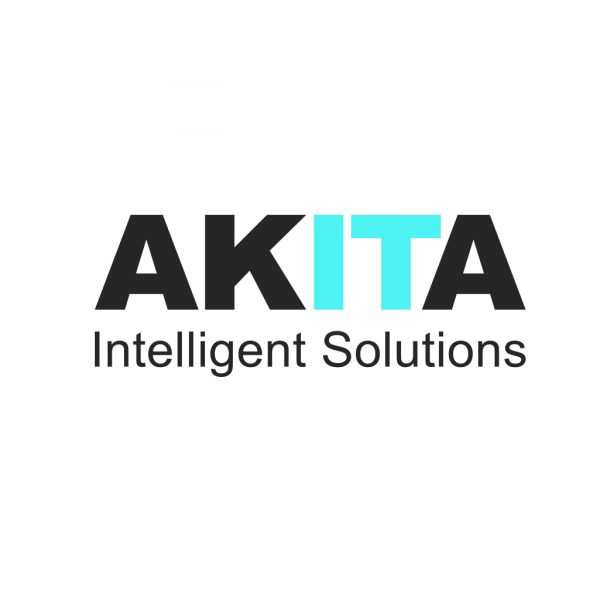Kent’s manufacturing sector has evolved rapidly over the past decade. Firms that once operated on paper-based management, separate finance systems, or disconnected shop-floor tooling now face a more complex landscape: tighter margins, rising material costs, workforce shortages, and customer demand for faster, more transparent fulfilment.
Against this backdrop, the business case for modernising operational management systems has never been stronger. Increasingly, manufacturers are turning to integrated business platforms such as manufacturing ERP to streamline processes, maintain competitiveness, and future-proof their operations. This shift explains the sharp rise in interest around manufacturing ERP Kent and why adoption is accelerating among both SMEs and larger industrial firms across the county.
Why Manufacturers In Kent Are Reassessing Their Systems
Most manufacturing businesses in Kent already have some form of system in place — often an ageing finance platform, spreadsheets for production planning, and standalone tools for inventory or job costing. These systems “work”, but they fragment operations. When information lives in silos, forecasting becomes reactive, reporting is slow, and opportunities for optimisation are difficult to identify. Meanwhile, customers now expect far greater service visibility: order status, lead times, material sourcing transparency, and dependable on-time delivery.
ERP centralises all core business functions into a single platform, connecting finance, operations, inventory, production scheduling, quality control, and supply chain oversight. For manufacturing firms in Kent competing with UK and European rivals, this connected model is no longer a luxury: it is the baseline for scale, resilience, and profitable growth.
A Local Manufacturing Landscape Under Pressure
Kent’s manufacturing base includes fabricators, engineering specialists, packaging producers, food and beverage firms, industrial component suppliers, and specialist product manufacturers. Many operate as suppliers to larger manufacturers in London and the Southeast, meaning service-level agreements and live performance tracking are now contractual expectations. Without ERP, meeting those expectations becomes increasingly inefficient and labour-intensive.
The county also continues to experience logistic volatility thanks to fluctuations around Dover, supply chain constraints, and import/export lead time variability. Manufacturing ERP gives Kent businesses a far clearer line of sight over demand, materials, scheduling impact, and contingency planning — which directly protects customer experience and margins.
The Most Compelling Business Benefits
ERP is not a software purchase; it is a transformation of how a manufacturing firm manages information and growth. The business case becomes clear when examined through practical day-to-day improvements:
1. Real-time production visibility
Leaders gain a live view of shop floor performance, resource allocation, order progress, and production efficiency. Bottlenecks are spotted quickly and acted upon before they impact delivery.
2. Tighter material and inventory control
With rising raw material costs, stock discipline is crucial. ERP enables accurate forecasting, automated reordering, and optimal purchasing windows. The result is lower carrying cost and fewer delays due to stockout.
3. Streamlined finance and job costing
ERP links every production activity back to cost and financial performance. Manufacturers finally gain a detailed understanding of true cost-per-unit, helping pricing strategies become more precise and profitable.
4. Faster and more accurate reporting
Instead of stitching together spreadsheets from operations, sales, and finance, ERP pulls everything into a single source of truth. Reporting becomes faster, and management decision-making improves dramatically.
5. Regulatory and quality confidence
For manufacturers dealing with inspections, certifications, or documented traceability, ERP provides a consistent audit trail that meets increasingly stringent expectations across industries.
The Scalability Argument: Future Proofing Kent Manufacturers
Manufacturing ERP is not simply about solving today’s operational inefficiencies. It underpins long-term scalability. As production increases, additional sites or lines are added, or new markets are served, the business does not need to layer on more systems or manual workarounds. Digital maturity becomes an asset, rather than a challenge.
For Kent manufacturing firms supplying national or international customers, this capability is particularly relevant. As large buyers vet supply chain robustness, ERP equips local Kent-based manufacturers with the professionalism and operational transparency expected of strategic suppliers. That positioning translates directly into contract retention and competitive differentiation.
Why now?
Market conditions are forcing manufacturers to reassess legacy systems. Several factors explain the timing for ERP adoption:
-
Margins are tight, leaving no room for inefficiency
-
Lead time volatility demands better planning and forecasting
-
Customer service expectations have risen sharply
-
Skills shortages mean businesses need more automation, not more headcount
-
Modern ERP platforms are now affordable for SMEs, not just large manufacturers
For many directors, the tipping point comes when growth becomes constrained by operational friction: chasing spreadsheets, manually compiling reports, or firefighting material shortages. ERP removes these barriers so leadership can focus on scale and innovation rather than administrative overhead.
The Kent advantage: ERP with local sector understanding
Adoption is also being driven by the availability of local ERP partners who understand both the manufacturing landscape and the Kent economic climate. Kent firms benefit from on-the-ground consultancy rather than anonymous vendors taking a software-first approach. This is particularly valuable where shop floor processes are bespoke, when integration requirements are unique, or when phased adoption is necessary to avoid disrupting production output.
A regional partner ensures faster implementation, closer change management, and tailored training aligned with operator workflows — all of which accelerate ROI.
ROI And Payback Period
Most manufacturing firms in Kent see payback from ERP within 6–18 months due to improved forecasting accuracy, stock reduction, higher efficiency, and better margin control. The more complex the operation, the more dramatic the ROI. This is why manufacturing ERP Kent is a high-conversion search term: organisations seeking it typically recognise inefficiencies and are actively pursuing solutions to remove them.
Replacing Uncertainty With Operational Confidence
Manufacturing success is built on repeatability, quality, and delivery performance. ERP removes uncertainty from production, scheduling, cash flow and materials planning. For directors and operations leaders, this creates headroom to pursue strategic goals — onboarding new customers, launching new product lines, or entering new markets — without losing grip on day-to-day operations. In this sense, ERP is not merely a technology choice, but a business enabler.
For Kent manufacturers exploring next steps, Microsoft manufacturing ERP solutions such as Microsoft Dynamics 365 Business Central deliver the ideal balance of power, flexibility, and affordability. Built specifically for SME and mid-market operations, Business Central provides end-to-end manufacturing visibility, seamless finance integration, and a modern cloud-based architecture that scales as production grows. Crucially, it supports incremental adoption — meaning firms can start with core functionality and expand as process maturity increases. This makes Microsoft ERP a pragmatic and strategic route for Kent-based manufacturers seeking to modernise without disruptive overhaul, while creating a strong digital foundation for long-term operational excellence.
Akita is a leading developer of Microsoft manufacturing ERP solutions in Kent. To discuss a requirement or explore options, please get in touch:





